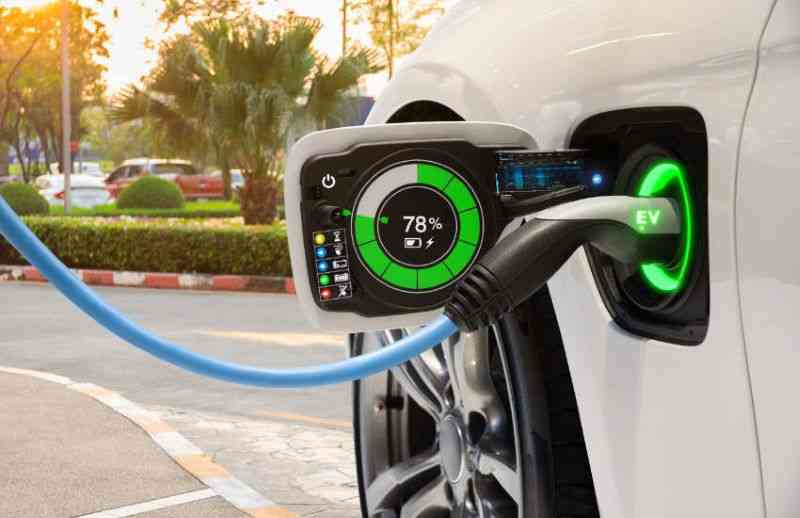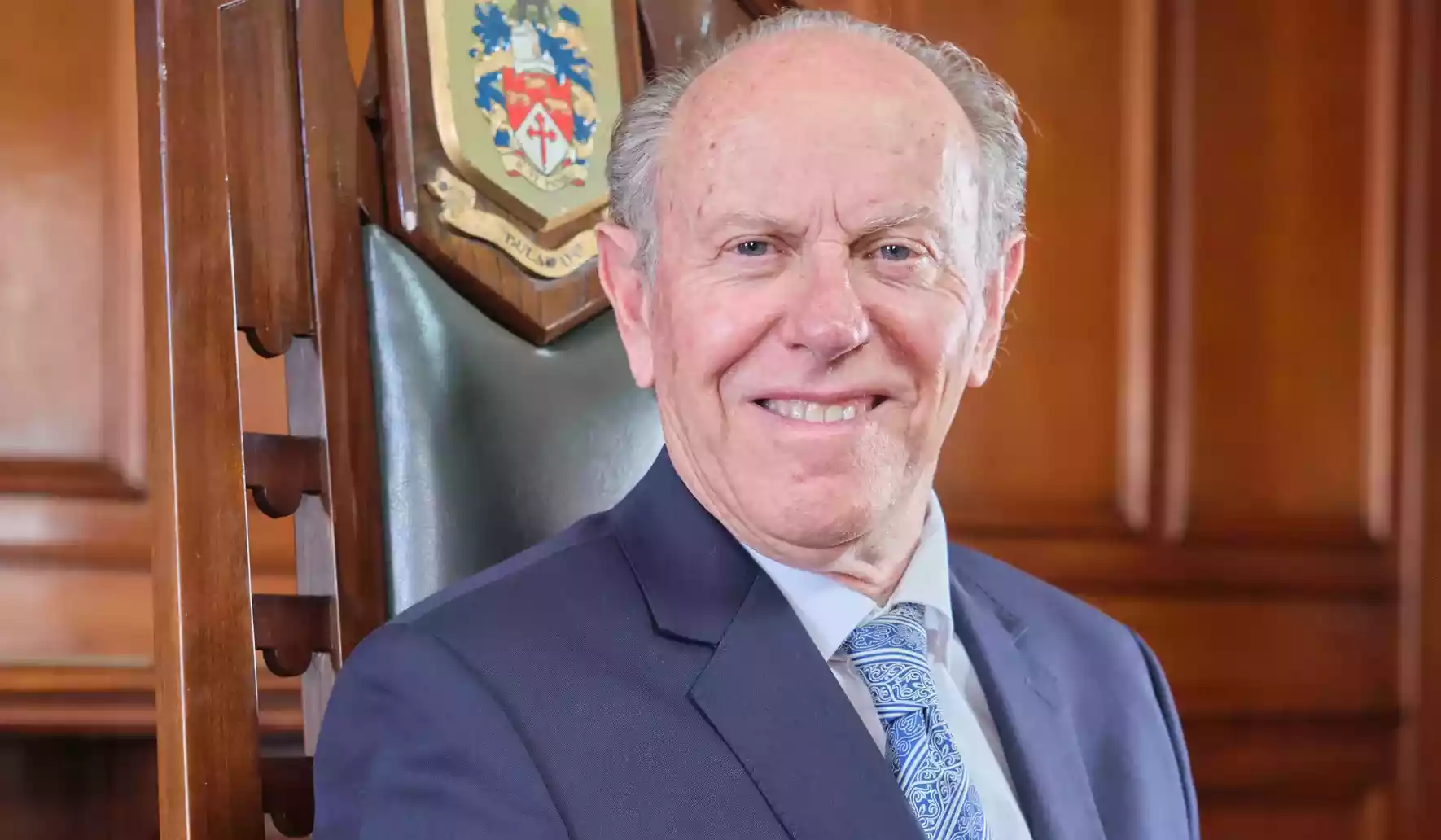
THE Zimbabwe Energy Regulatory Authority (Zera) is crafting a framework that will dictate how electric vehicle (EV) charging ports are created and used in the country as government moves to promote e-mobility. The EV market is projected to reach US$623,3 billion globally by end of this year as countries increasingly move away from combustion engine vehicles.
With Zimbabwe holding a significant amount of lithium, the main substance used for EV batteries, the government is pushing for mass adoption of EVs.
This was revealed at the 2024 International Renewable Energy Conference Expo held in Victoria Falls hosted by The Standard, one of three publications under the private media firm, Alpha Media Holdings.
“We have been working with various stakeholders with some policy directions in terms of how we should promote and provide incentives to the public in terms of charging stations,” Zera engineer Man'arai Ndovorwi said, on Thursday at the expo.
“So, you will find as the permanent secretary (Ministry of Energy and Power Development permanent secretary Gloria Magombo) alluded to that we did work with some partners and did come up with a framework that is going to inform the policy direction when it comes to e-mobility.”
He said the policy framework basically looked at what was the current EV status within the country and which areas they were going to be looking at in terms of improving that level.
“And also, the issue of the charging modes that we are going to be having in the country. Fast chargers, slow charges, depending on the needs, perceptions, and also the infrastructure grid stability in which we are going to have those chargers installed,” the Zera official said.
In May 2020, Zimbabwe’s motorists were first introduced to EVs through a fleet of new vehicles from the local ride-hailing firm, VAYA Africa.
- Power cuts spur Zimbabwe’s green energy revolution
- Power cuts spur Zimbabwe’s green energy revolution
- Zimbabwe deals help China tighten African lithium grip
- Chinese inject US$570m into Zim lithium mines
Keep Reading
It was later followed by state entity, the Central Mechanical Equipment Department (CMED) Private Limited buying six electric vehicles from a Chinese company in August 2021.
“Currently, the CMED is in the process of procuring electric buses to add to its fleet,” a source in the Ministry of Transport and Infrastructure Development told the paper.
To date, there are 10 EV charging standards throughout the country with most of those guidelines focusing on safe charging.
“We are also looking at the incentives that are going to be coming with the technology. Chargers at workplaces, what incentives will you get? If you put your chargers at the shopping malls, what incentives will you get?” Ndovorwi said.
“If you put up your rooftop solar and you are using that to charge your vehicles there should also be incentives that come with that kind of technology. As the regulator, where we are coming from is also to deal with standards. So basically, we have been working with the Standards Association of Zimbabwe to actually develop standards for EV charging.”
Meanwhile, apart from EVs, local engineering consulting firm SouthPole Consulting P/L founder Tendai Musasa announced that the firm would in June introduce the country’s first hydrogen fuel cell EV (HFCEV).
“As you may well know, if you have researched about EVs and hydrogen mobility, hydrogen mobility and HFCEVs are basically what engineer Ndovorwi has just presented and we are basically just saying these are EVs with just a small twist,” he said.
“Instead of an electrical charger you are talking about an EV integrated fuel cell basically carrying its fuel resource within itself. And with the advantage of saying that, in the sense of what we are used to in putting petrol and diesel or whatever, you can charge your hydrogen fuel in three minutes or less and have your range of 700 or so kilometres.”
He said the government had been supportive of the concept since its inception during the Covid-19 pandemic.






